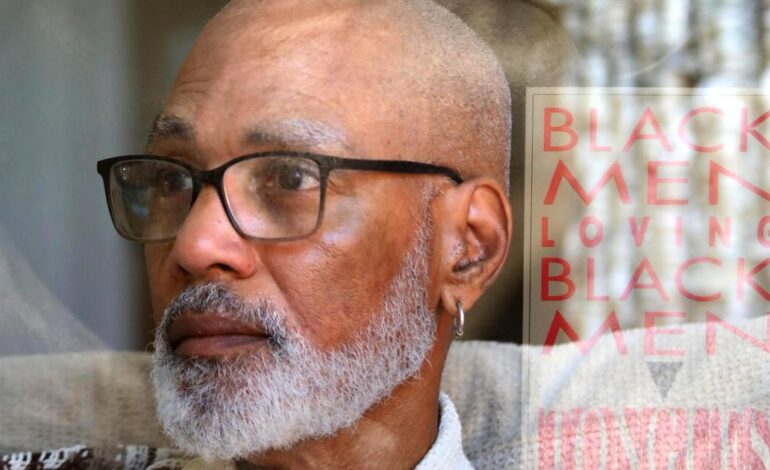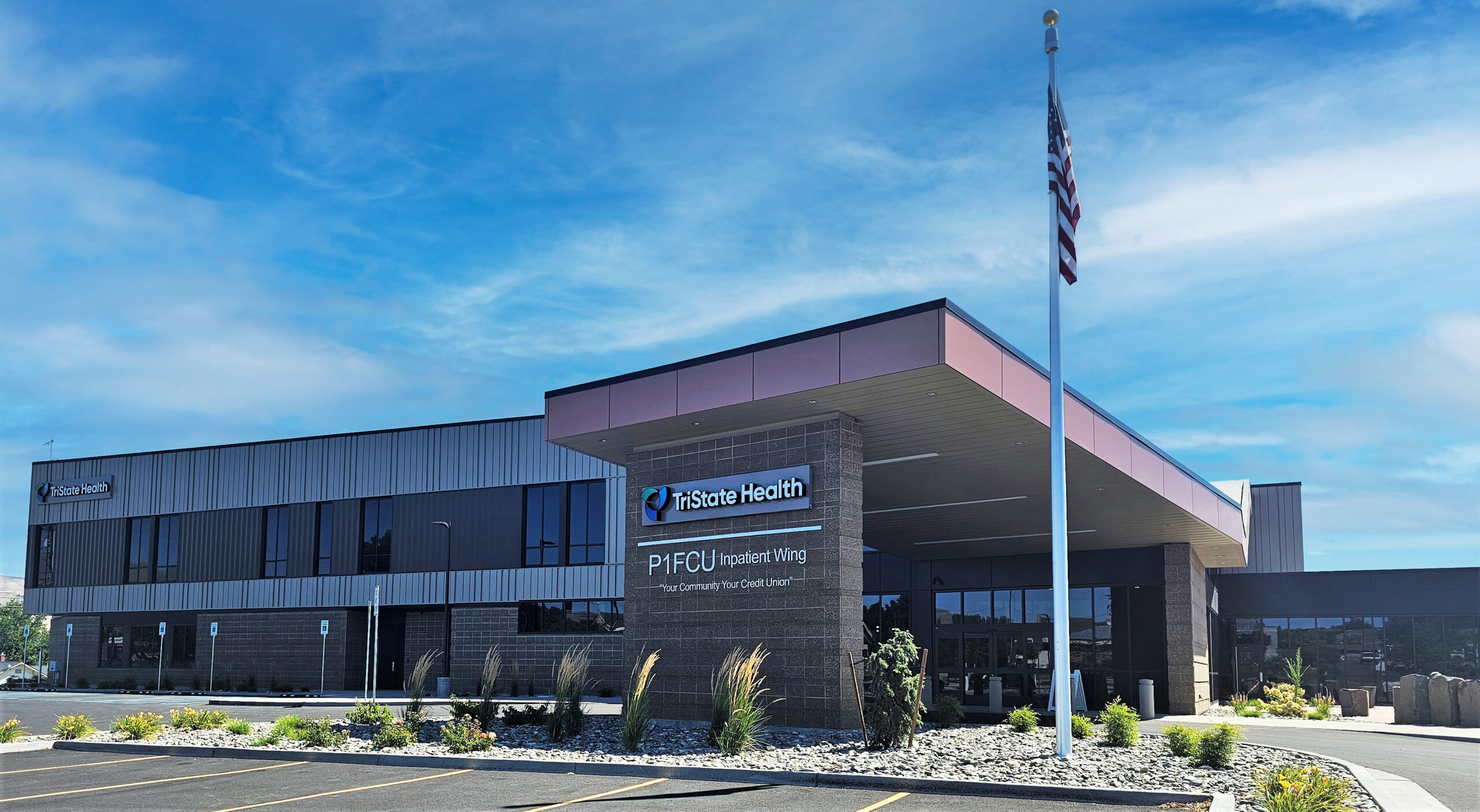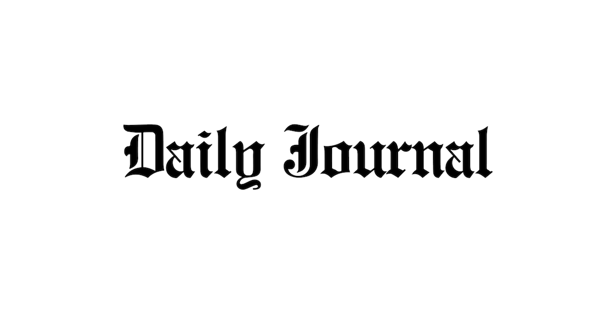L.A. AIDS Advocate Urges Hope Amid Threat of Funding Cuts

The landscape of public health is facing renewed challenges as the annual AIDS Walk in West Hollywood approaches on October 12, 2023. Phill Wilson, a prominent advocate and founder of the Black AIDS Institute, is raising alarms about potential funding cuts that threaten decades of progress in HIV/AIDS prevention and treatment.
Wilson’s journey began in 1987 when, at age 31, he learned he was HIV-positive and given only six months to live. Rather than succumb to despair, he dedicated himself to activism, focusing on the critical need for outreach within Black communities disproportionately affected by the epidemic. “Let’s use the time I have to do something,” he recalls thinking. Today, at 69, Wilson remains a vital voice in the fight against HIV/AIDS.
The fight against the disease has seen significant milestones over the past four decades. Since the introduction of antiretroviral therapy in the 1990s, fatalities have significantly decreased. In 2020, the U.S. government set an ambitious goal to reduce AIDS-related deaths by 90% within a decade. However, recent trends indicate a troubling regression.
Recent actions by Congress, particularly from Republican lawmakers, suggest a shift away from prioritizing HIV/AIDS funding. These proposed cuts mirror similar reductions initiated during the Trump administration, raising concerns among public health officials and advocacy groups. According to Wilson, such decisions could reverse hard-won gains in treatment and prevention, leading to increased infections and unnecessary deaths. “With the current policies in place, there is a very good chance that we’re going to see a huge spike in new infections,” he warns.
The statistics are stark. According to the 2024 L.A. Annual AIDS Surveillance Report, over 88 million people have been infected with HIV globally, resulting in more than 42 million deaths. In Los Angeles County alone, at least 30,000 lives have been lost to AIDS-related illnesses, underscoring the ongoing crisis.
Despite progress, racial disparities persist in HIV infection rates. Although Black Angelenos represent only 8% of the county’s population, they accounted for roughly 18% of HIV cases recorded between January 2023 and December 2024. The Latino community, making up approximately 49% of the population, comprised about 60% of cases during the same period. These figures highlight the urgent need for tailored outreach efforts.
Wilson’s personal history fuels his commitment. The loss of his partner, Chris Brownlie, to AIDS in 1989 transformed his grief into activism. He has since been involved in various initiatives, including serving as AIDS coordinator for Los Angeles and director of policy and planning at AIDS Project Los Angeles, now known as APLA Health. His dedication has garnered recognition from leaders across the political spectrum, including former Presidents George W. Bush, Bill Clinton, and Barack Obama.
As Wilson reflects on his journey, he acknowledges the emotional toll of losing countless friends to the disease. His home, adorned with vibrant art and photographs of notable figures, also serves as a memorial to those who have passed. “My motivation is to keep the memories of all my friends who we lost during the AIDS pandemic alive,” he states.
The current atmosphere of uncertainty is reminiscent of the early days of the epidemic. Wilson recalls the difficulty of promoting HIV/AIDS awareness within the Black community, where stigma and fear often hindered open discussions. He recognized the need for an “unapologetically Black” approach to advocacy, which included co-founding the National Gay and Lesbian Leadership Forum to connect activists of color.
This summer, the community mourned the loss of Jewel Thais-Williams, founder of Jewel’s Catch One, a historic venue for Black and brown queer individuals. Her legacy as a safe haven for marginalized groups continues to resonate. At her memorial, Wilson witnessed a celebration of life that mirrored the resilience of the community he has long fought for.
As the annual AIDS Walk approaches, Wilson’s message remains clear: hope and action are imperative. He draws from his experiences, reminding others that despite the current challenges, history has shown that resilience can lead to change. “This too shall pass,” he advises, emphasizing the importance of collective action and solidarity: “Just because a government engaged in upending practices and slashing programs has yet to attack you or those you love doesn’t mean you should be a bystander to the damage done to others.”
Wilson’s commitment to advocacy, education, and community support reflects a long-standing legacy in the fight against HIV/AIDS. As the world confronts new challenges, his message of hope and resilience continues to inspire efforts to address the epidemic and protect those most vulnerable.






